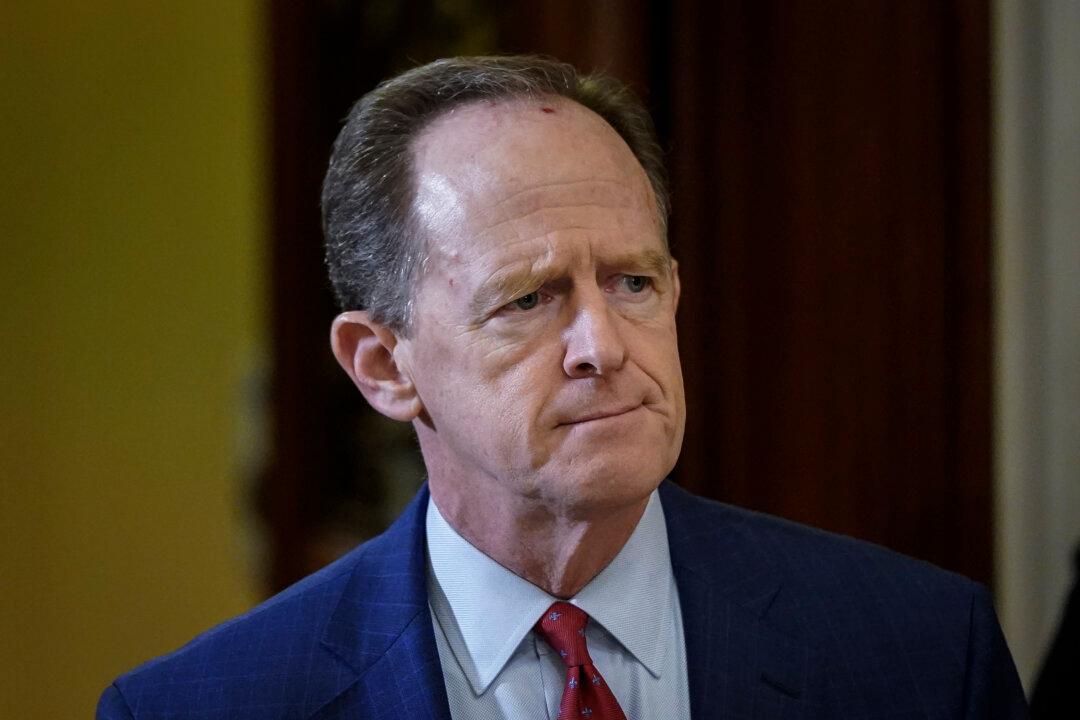Sen. Pat Toomey (R-Pa.) asked the Government Accountability Office (GAO), the congressional investigative arm, on Aug. 11 for a rush review of the Center for Disease Control and Prevention’s (CDC) extended renters’ eviction moratorium.
Toomey wants the GAO to determine whether the moratorium recently ruled unconstitutional by the U.S. Supreme Court but extended at the direction of President Joe Biden by the CDC on Aug. 3 is a regulatory rule subject to the Congressional Review Act (CRA).





